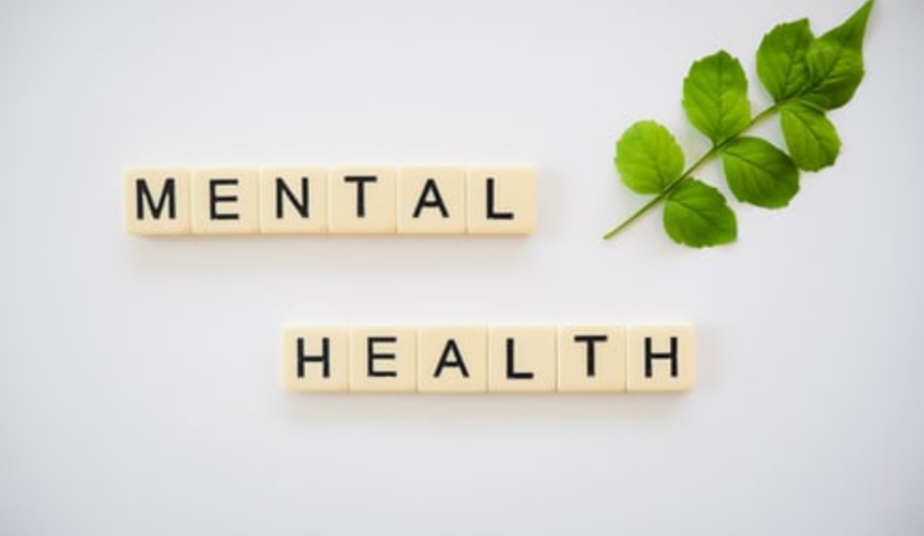THE SIGNIFICANCE OF MENTAL HEALTH

There are many things that influence our mental wellness. These include the things that happen to us at a young age, the way we function at work, and our self-esteem.
This article will highlight the importance of mental health and the ways we can make the most of our lives. Mental wellness can help us in every area of our lives. It also plays a vital role in our early development. Read on to discover more. Here are some of the top reasons why mental health matters.
Table of Contents
Mindset Matters column on mental health
This month, the Mindset Matters column on mental health focuses on the emerging Disability Economy, which is a key subset of the market and a great opportunity to better understand how corporate culture can change. In this column, we will explore the role of mental health in the new digital age and how the new work environment presents unique challenges for those with disabilities. While we have much to learn about the future of work, we can start today by focusing on the benefits of mental health.
This concept is not new. Psychologist Abraham Maslow developed a hierarchy of human needs. Starting with physiological needs, Maslow’s hierarchy moves up to social, esteem, and love needs. Ultimately, he developed a list of higher needs, including achievement and autonomy. Maslow (1943) suggested that humans are motivated by their higher needs and strive to achieve them. To understand why this is the case, we need to better understand our own motivation and how to use the power of mindset to meet those needs. Alternatively, you can try bali kratom capsules for better mind set, focus and critical thinking.
Impact of mental health on early childhood development
While the impact of mental health on early childhood development is often debated, the benefits of mental well-being for children are significant. Positive mental health can provide a strong foundation for future development, while adverse experiences can lead to lasting impacts. The importance of mental health in early childhood is increasingly recognized and acknowledged in recent years, with the realization that it is important to ensure children reach developmental milestones and develop healthy social skills while dealing with challenges.
Parents’ mental well-being is vital for a child’s social and emotional development. Yet, the emergence of pandemic stress and other forms of perinatal mental health are threatening the development of children. Many parents experience problems during this time, including substance abuse, depression, family conflict, and other mental illnesses. In addition, mental health services have limited capacity to address the escalating number of behavioral issues among young children.
Impact of mental health on workplace
The impact of mental health on the workplace is a complex and multifaceted issue. Often overlooked, this problem affects not only the individual, but coworkers, supervisors, and even the organization. Mental illness causes stress, which has spillover effects on other people. It also affects the health of family members, who are often employed or involved in other social activities. Mental illness can impact everyone in the workplace, and employers must make sure they provide the proper support to employees and managers.
In a recent survey, a global research firm found that 76% of workers suffered from some form of mental illness in the past year. More than half (58%) reported problems in the workplace in 2019. In addition, macro stressors, such as job insecurity, are a major cause of mental health issues. Fortunately, many companies are beginning to take action to combat these problems. Mental health needs to be championed and destigmatized, so that employees feel safe seeking help.
Read Also : UNDERSTANDING THE PILLARS OF HOLISTIC WELLNESS
Impact of mental health on self-esteem
Positive self-esteem is a basic psychological function that enables individuals to appraise themselves positively in various domains and roles. Increasing self-esteem promotes well-being and helps individuals cope with stress and disease. It also plays a protective role against negative influences, as it can lead to an increased sense of control and a reduction of anxiety. Here, we discuss the impact of mental health on self-esteem and the role of optimism in self-esteem.
Poor self-esteem can lead to feelings of worthlessness and low self-esteem.There is evidence that indicates low self-esteem can increase the risk of developing other mental health problems, such as depression, eating disorders, and anxiety. Mental health problems are generally internalizing, while externalizing behaviors are associated with poor outcomes. These can include violence and aggressive behavior. Furthermore, self-esteem can contribute to risky health behaviors.







